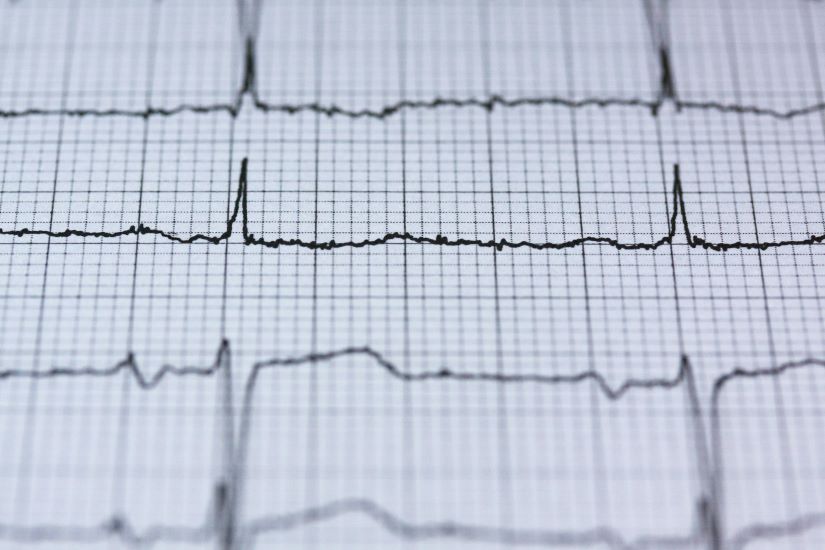3 Major Factors Causing Heart Attacks Among Young People

Heart attacks, once considered a concern primarily for older adults, are increasingly affecting younger individuals. Understanding the major factors contributing to this alarming trend is crucial for prevention and promoting heart health among the youth. Here are three significant factors causing heart attacks in young people:
1. Poor Lifestyle Choices
Unhealthy lifestyle choices are a leading cause of heart attacks among young people. These choices often include poor dietary habits, lack of physical activity, and substance abuse.
Dietary Habits: Consuming a diet high in saturated fats, trans fats, sugars, and processed foods can lead to obesity, high cholesterol levels, and hypertension, all of which are risk factors for heart disease. Young people who frequently eat fast food and sugary drinks are particularly at risk.
Lack of Physical Activity: Sedentary lifestyles have become more common with the rise of technology and desk jobs. Physical inactivity can lead to weight gain, increased blood pressure, and poor cardiovascular health. Regular exercise is essential for maintaining a healthy heart.
Substance Abuse: Smoking, excessive alcohol consumption, and drug use significantly increase the risk of heart disease. Nicotine and other harmful substances in cigarettes can damage the heart and blood vessels, while excessive alcohol intake can lead to high blood pressure and cardiomyopathy.
2. Stress and Mental Health Issues
Chronic stress and mental health issues such as anxiety and depression have a profound impact on heart health. Young people today face various stressors, including academic pressure, career demands, financial concerns, and social media influence.
Stress: Prolonged stress can lead to elevated levels of cortisol, the stress hormone, which can increase blood pressure and cholesterol levels, contributing to heart disease. Stress also promotes unhealthy behaviors like overeating, smoking, and drinking, which further elevate heart attack risk.
Mental Health: Conditions like depression and anxiety can negatively affect heart health. Depression is associated with increased inflammation and changes in heart rate variability, which can contribute to heart disease. Moreover, individuals with mental health issues are more likely to engage in unhealthy behaviors that exacerbate heart problems.
3. Genetic Predisposition
Genetic factors also play a significant role in the occurrence of heart attacks among young people. A family history of heart disease can increase the likelihood of developing similar conditions at a younger age.
Inherited Conditions: Certain genetic disorders, such as familial hypercholesterolemia, cause high cholesterol levels from a young age, leading to an increased risk of heart disease and heart attacks.
Family History: If a young person’s parents or close relatives have experienced heart disease, they are more likely to be at risk. It is important for individuals with a family history of heart disease to monitor their heart health closely and adopt preventive measures early on.
Conclusion
Understanding these major factors can help young people and healthcare providers take proactive steps to prevent heart attacks. Adopting a healthy lifestyle, managing stress and mental health, and being aware of genetic risks are crucial strategies for maintaining heart health. By addressing these factors, young individuals can significantly reduce their risk of heart disease and lead healthier, longer lives.
Picture Courtesy: Google/images are subject to copyright








